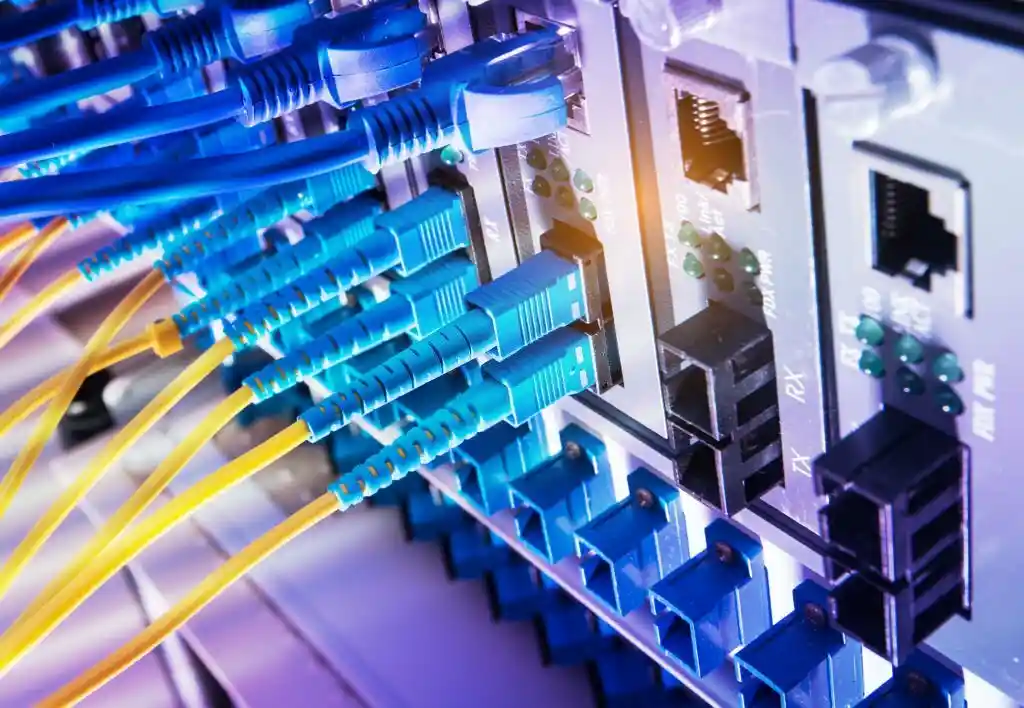Logic and Distributed Control Systems (DCS) are fundamental in process control and automation, used extensively in industries like manufacturing, oil and gas, power generation, and more.
Logic Control:
Logic Control involves the use of logical operations (AND, OR, NOT) and sequential operations to manage the behavior of systems. In industrial settings, it typically refers to the control of discrete elements (like valves, motors, switches) based on logical conditions. This can be achieved through:
- Programmable Logic Controllers (PLCs): These are ruggedized computers used for controlling manufacturing processes, machinery, and other automated systems. PLCs use ladder logic, functional block diagrams, or other programming languages to implement control logic.
- Boolean Logic: Utilizing logical operations to control outputs based on the state of inputs. For example, activating a motor if multiple sensors detect certain conditions.
- Sequential Logic: Implementing sequences of operations or state machines where the output depends not only on the current inputs but also on the history of inputs.
Distributed Control Systems (DCS):
Distributed Control Systems are used to control complex processes, usually involving multiple control loops and devices distributed throughout a system or plant. Key aspects include:
- Decentralized Control: DCSs distribute control tasks among multiple controllers, which communicate and coordinate to ensure efficient and safe operation.
- Redundancy and Fault Tolerance: DCSs often have redundant systems to ensure continuity in case of failures, minimizing downtime and enhancing system reliability.
- Data Acquisition and Monitoring: They collect and process data from various sensors and instruments distributed across the system, allowing for real-time monitoring and decision-making.
- Process Optimization: DCSs help optimize processes by regulating variables like temperature, pressure, flow rates, etc., to improve efficiency, quality, and safety.
Integration of Logic Control and DCS:
In many industrial applications, Logic Control and DCS systems work together. PLCs or other logic controllers may handle specific tasks, while DCS manages overall plant or system operations. PLCs might control machinery on a factory floor, while the DCS oversees the entire manufacturing process, coordinating different PLCs and monitoring overall performance.
The integration allows for comprehensive control and monitoring, ensuring efficient operation, timely responses to changes, and the ability to adapt to varying conditions within the industrial setting.
